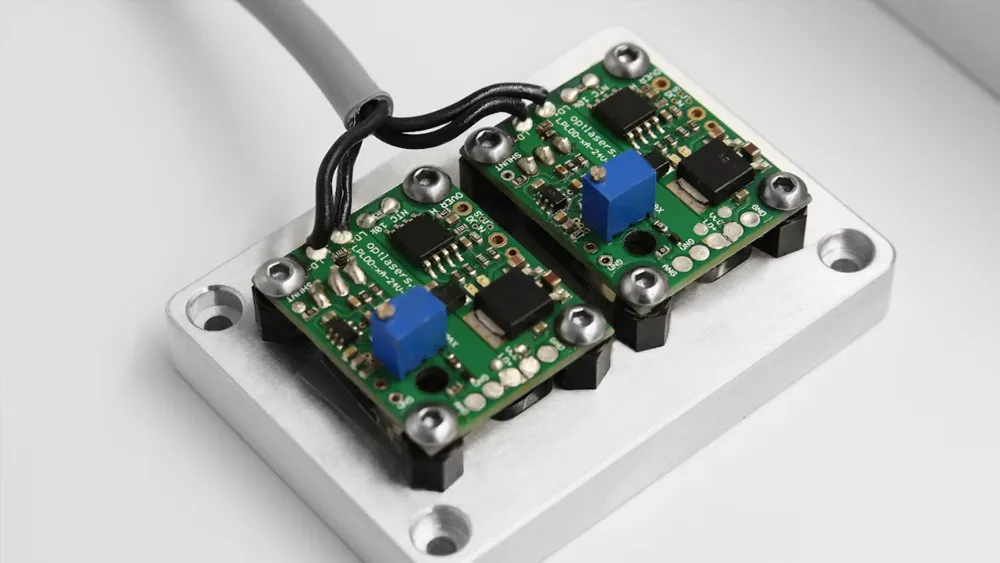
Fan Export Certification Guide
Summer’s Hottest Mini Fans, Ready to Take the World by Storm? Start with These Certifications!
Whether you’re selling USB fans, rechargeable handheld fans, or desktop/neck fans, this guide has everything you need!
EU Market
1. CE certification (Mandatory)
Includes directives:
- EMC Directive: Ensures electromagnetic compatibility
- LVD Directive: Electrical safety (voltage, insulation, overheating, etc.)
- RoHS Directive: Restricts harmful substances like lead, mercury, etc.
Applicable Products: All fans with batteries or plug-in power
Lead Time: 1-2 months
2. REACH (Chemical Safety)
3. Additional Certifications (Bonus Points)
- ERP Energy Efficiency Certification: If the fan has a charging function, it must meet EU energy efficiency standards.
- GS Mark: Enhances product competitiveness (voluntary safety certification)
US Market
1. FCC Certification (Mandatory)
- Standard: fcc part 15B (Electromagnetic Interference)
Applicable Products: Fans with wireless features (e.g., Bluetooth) or charging circuits
Lead Time: 2-3 weeks
2. UL/etl certification (Highly Recommended)
- UL 507: Safety standard for electric fans, may be required by platforms like Amazon
Applicable Products: Plug-in or high-power fans
Lead Time: 1-2 months
3. CPC Certification (Children’s Products)
- If the fan is targeted at children under 12 (e.g., cartoon-style neck fans), it must comply with CPSIA lead content and phthalate testing.
Asian Markets
- China: ccc certification (Mandatory for plug-in fans; USB direct connection fans are exempt)
- Japan: pse certification (Circular/diamond shape) – Diamond shape for fans with plugs, round shape for USB-powered fans
- South Korea: kc certification – Requires localized testing, longer lead time (2-3 months)
- Saudi Arabia: SABER Certification – Requires two stages: PC (Product Compliance) + SC (Shipment Certificate)
- India: BIS Certification – Mandatory registration; testing must be conducted in Indian laboratories
Other Key Markets
- Australia: rcm certification (Must comply with AS/NZS 60335)
- Russia: EAC Certification (Customs Union CU-TR)
- Brazil: INMETRO Certification (Localized testing required)
- Middle Eastern GCC Countries: G-mark Certification (e.g., UAE, Kuwait)
Practical Guide
Choose Certifications Based on Your Sales Channel:
- E-commerce platforms (Amazon/Wish, etc.): FCC, CE, UL are key
- Offline Supermarkets: Require higher-level certifications (e.g., GS, ETL)
For Battery-Powered Fans, Pay Special Attention:
- un38.3: Lithium battery transport safety certification (Required for air/sea transport)
- MSDS Report: Chemical safety data sheet, used alongside batteries
Labels and Manuals:
- For EU exports: Must be in EU languages (English/French/German, etc.), with voltage labeled 220-240V
- For US exports: Must be in English, with voltage labeled 110-120V
Pitfall Alerts
- Plug Compatibility:
- European plug (round pins)
- US plug (flat pins)
- UK plug (three-pronged) – each needs separate certification
JJR Laboratory provides certification compliance and testing services for fan exports to various countries. Feel free to reach out for consultations.
Email:hello@jjrlab.com
Write your message here and send it to us
 Canada ISED Certification RSS-247 Standard Testing
Canada ISED Certification RSS-247 Standard Testing
 What Are the Product Compliance for Amazon Austral
What Are the Product Compliance for Amazon Austral
 Australia IoT Security Compliance
Australia IoT Security Compliance
 V16 Warning Light EU EN 18031 Cybersecurity Certif
V16 Warning Light EU EN 18031 Cybersecurity Certif
 Japan IoT Security JC-STAR Certification
Japan IoT Security JC-STAR Certification
 FCC SDoC Compliance Information Statement
FCC SDoC Compliance Information Statement
 What Does FCC SDoC Certification Mean?
What Does FCC SDoC Certification Mean?
 What is Bisphenol A (BPA) Testing?
What is Bisphenol A (BPA) Testing?
Leave us a message
24-hour online customer service at any time to respond, so that you worry!




